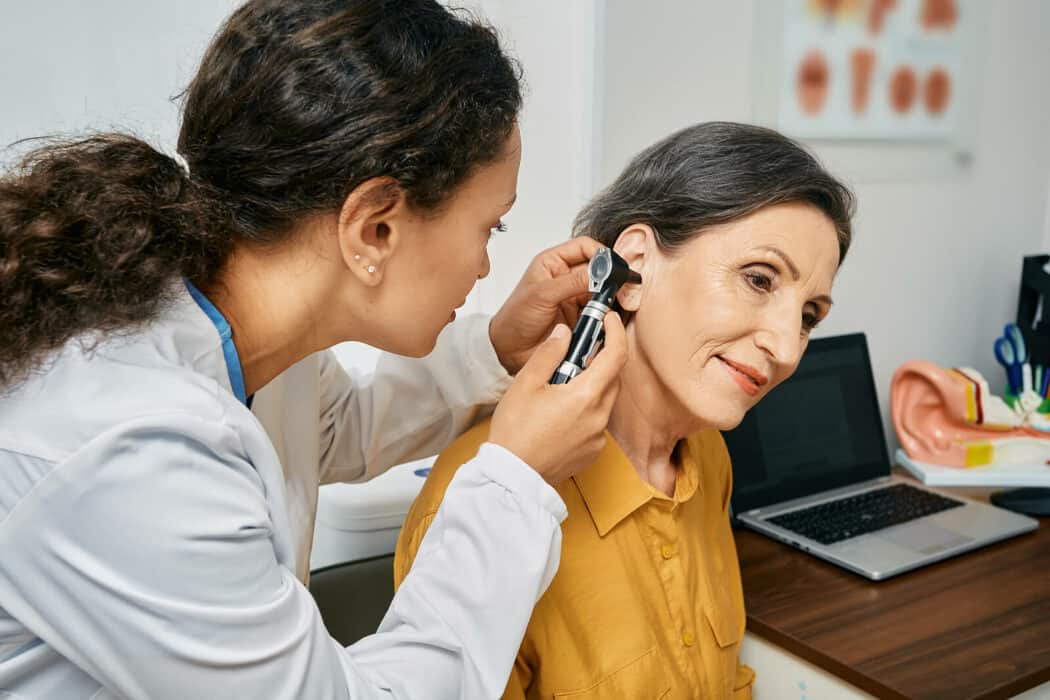
Navigating Your Hearing Exam: A Comprehensive Guide
As audiologists, we understand that the prospect of a hearing exam can be daunting for many. However, it’s crucial to remember that this step is the first in your journey toward better hearing and overall well-being. Research has consistently shown that early intervention yields the best outcomes in managing hearing impairment. Untreated hearing loss can lead to social isolation, cognitive decline, and even depression. Recognizing the signs and taking action promptly can significantly improve your quality of life.
The Hearing Exam Process
Pre-Appointment Preparation:
Start by finding a reputable audiologist or hearing professional. Ask for recommendations from your primary care physician or trusted friends and family.
Before your appointment, make a list of any concerns or symptoms you’ve noticed. This will help guide the conversation during your exam.
Arrival and Check-In:
When you arrive at the clinic, you’ll typically be asked to fill out a questionnaire about your medical history, family history, and lifestyle. Be honest and thorough; this information is crucial for a comprehensive evaluation.
You’ll then meet with your audiologist, who will discuss your concerns and goals. This is your opportunity to share any specific challenges you’ve faced due to hearing difficulties.
Physical Examination:
The audiologist will often start with a physical examination of your ears using an otoscope to check for blockages, infections, or abnormalities.
If any issues are found, they will be addressed accordingly, potentially before proceeding with further testing.
Audiometric Testing:
The core of your hearing exam involves a series of tests designed to assess the sensitivity and clarity of your hearing.
Pure-tone audiometry is a common test where you’ll wear headphones and indicate when you hear different pitches or tones.
Speech audiometry assesses your ability to hear and understand spoken words at varying volumes.
Tympanometry and Acoustic Reflex Testing:
These tests evaluate the function of your middle ear and how it responds to sound. They can help identify issues such as eardrum perforations or stiffness.
Results Discussion:
After completing the tests, your audiologist will discuss the results with you. If hearing loss is detected, they will explain its type, degree, and potential causes.
You’ll also have the opportunity to ask questions and discuss your options for further evaluation or intervention.
Advancements in Hearing Loss Prevention, Diagnosis, and Management
Recent years have witnessed remarkable advancements in hearing healthcare, offering new hope and possibilities for those with hearing loss:
Advanced Hearing Aid Technology:
Modern hearing aids are smaller, more discreet, and packed with sophisticated features like noise cancellation and connectivity to smartphones. They provide personalized sound adjustments, making them highly effective in various environments.
Cochlear Implants:
For severe to profound hearing loss, cochlear implants have become increasingly sophisticated. They can restore hearing in individuals who may not benefit from traditional hearing aids.
Telehealth Services:
The convenience of telehealth has reached hearing care. Remote consultations and adjustments for hearing devices have become more accessible, reducing the need for frequent in-person visits.
Pharmaceutical Interventions:
Research is ongoing into medications that may slow or even reverse certain types of hearing loss. While these interventions are not yet widely available, they hold promise for the future.
Looking Towards the Future
The future of hearing healthcare holds even more exciting possibilities:
Gene Therapy for Hearing Loss:
Researchers are exploring gene therapy as a potential treatment for certain genetic forms of hearing loss. This groundbreaking approach could offer permanent solutions.
Artificial Intelligence (AI):
AI-driven hearing aids are on the horizon, capable of adapting in real-time to your specific listening needs and preferences.
Nanotechnology and Inner Ear Repair:
Nanotechnology may enable precise repair of damaged hair cells in the inner ear, potentially restoring hearing abilities.
In conclusion, your hearing exam is a crucial first step in maintaining or reclaiming your hearing health. Early detection is key, and modern advancements in hearing loss prevention, diagnosis, and management provide a wealth of options for those in need. As you embark on this journey, remember that you’re not alone. Audiologists and hearing professionals are here to guide you, providing compassionate care and support every step of the way. Don’t let hearing difficulties hold you back from the life you deserve. Embrace the possibilities of today’s technology and the bright future ahead for hearing healthcare.
